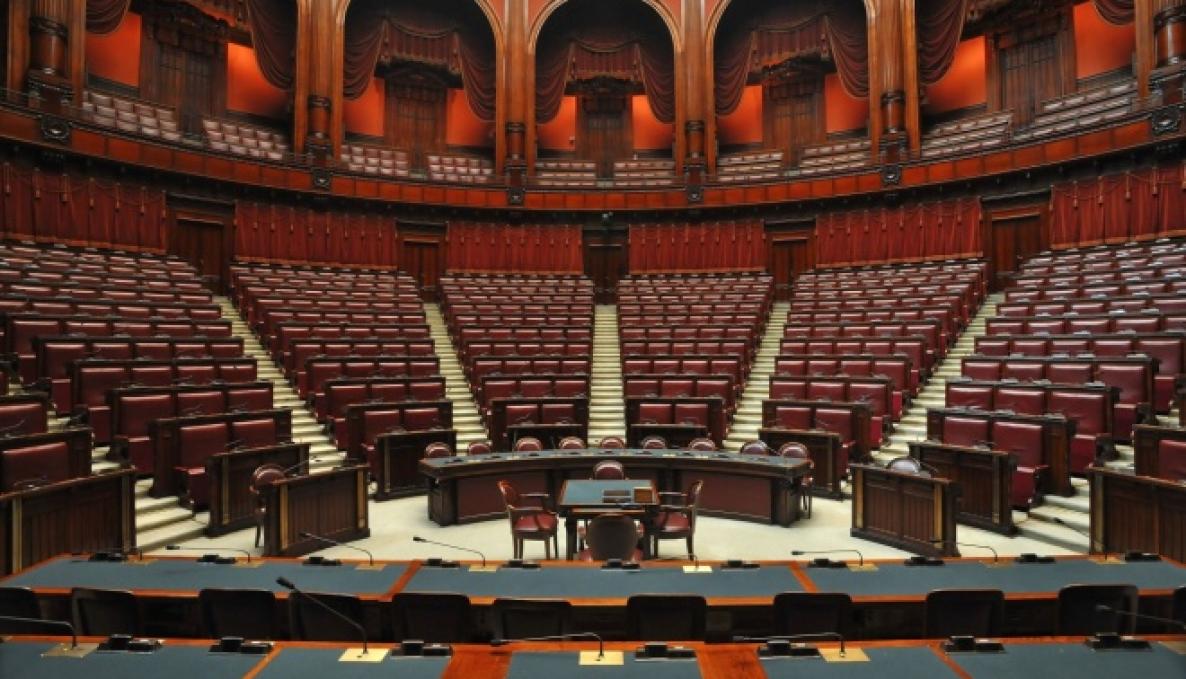Crossing the Rubicon “constitutional” River: Saturday 17 September, European and American experts analyze the Italian constitutional reform in a roundtable discussion with three prominent Italian journalists

On Saturday 17th September, European and American constitutional law experts who are less likely to be involved in the Italian constitutional reform - Luis Diez-Picazo and Carlos Closa from Spain, Marc Lazar of Sciences Po - Paris, together with Erik Jones of Johns Hopkins University are gathering in Pisa to discuss the reform that inflames passions.
This autumn the Italian people will decide whether or not to approve the reform of their Constitution proclaimed in 1947. The reform process began nearly two years ago, has been long debated and inflamed political passion.
The Sant’Anna School of Advanced Studies in Pisa can contribute to public debate and offer a more detached perspective when discussing the reform topic on September 17th (at 10.00 a.m, aula magna) with four European and American experts who are very much aware of the Italian constitutional reform issues and are able to assume a politically-neutral position on the future of the Italian Constitution. The journalists Maria Teresa Meli (Corriere della Sera), Lina Palmerini (Il Sole 24 Ore) and Anais Ginori (La Repubblica) will participate in the roundtable (to be held at 12 noon) on the challenges and effects of the reform in Italy.
"Beyond specific amendments - explains Yves Mény, French political scientist and president of Sant’Anna School - the reform overturns two pillars of Italian republican tradition. The first is the destruction of a world record of doubtful value, that is, the perfect equality of the two Houses, although these are elected by electoral systems and bodies which are not perfectly identical. Many have seen in this 'unique situation' the main cause of the difficulties in governing the country and in bringing to fruition medium and long term projects ".
"The other revolution - says Yves Mény - is philosophical, cultural and procedural. In Italy most people agree that democracy is carried out by unanimous consent - formal or not, when, in fact, the English tradition encourages the democratic majority rule, that the will of the majority will require minority rights. Since the adoption of the republican Constitution to this day the myth of consensus has been predominant. This reform - concludes Yves Mény - breaks the taboo and provokes violent debates ".



